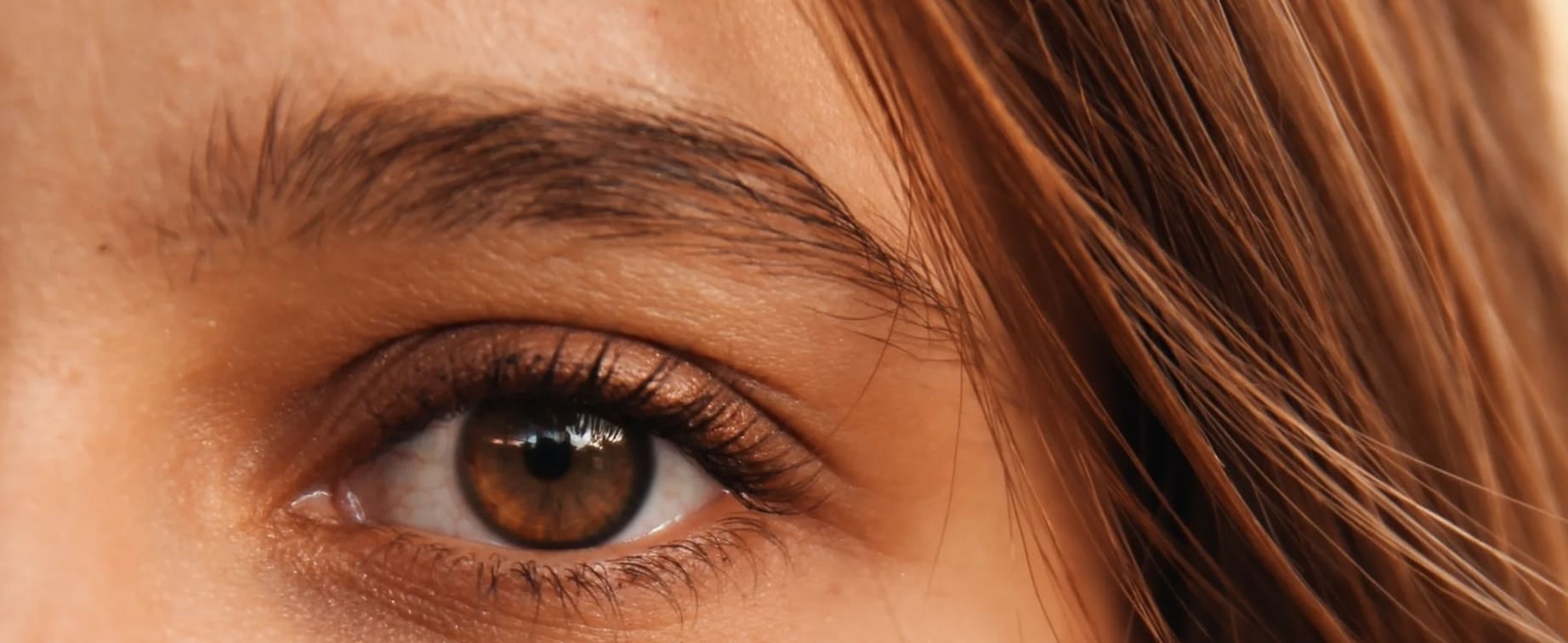Table of Contents
II. Essential Nutrients for Better Vision
Healthy Habits
The moment you open your eyes in the morning, your eyes go to work. They perceive information about your surroundings that are crucial for decision-making. Your vision allows you to experience the world in a fuller capacity, enabling you to determine distance, depth, color, texture, and many more intricacies of life. But the eyes are fragile organs that require care if they are to serve you for the long haul.
Because they are constantly exposed to the environment, your eyes can be prone to allergic reactions caused by airborne chemicals or particles. Itchy or watery reactions are commonly treated with Patanol (olopatadine) and Zaditor eye drops. While the occasional eye irritation is hard to avoid, the goal is to prevent more severe eye conditions like cataracts and glaucoma.
If proper eye care is neglected, severe eye problems may be inevitable and may require medications like Azopt (brinzolamide), Lotemax (loteprednol), or Zymar Opthalmic Solution to treat symptoms. The good news is there are many simple things you can incorporate into your daily routine that can maintain your eye health and prevent complications down the road.

a. Wear Sunglasses
Moderate sun exposure comes with many benefits, but too much of the sun’s ultraviolet (UV) rays can increase your risk of cataracts and macular degeneration. To reap the rewards of sunshine without hurting your eyes, wear a pair of sunglasses that blocks 99 to 100 percent of UVA and UVB rays. Choosing a pair with wrap-around lenses can help protect your eyes from the sides.
There are many designs available for specific activities like tennis, volleyball, and golf. Getting polarized lenses will reduce glare, which makes them a great choice for driving. Although some contact lenses can provide minimal UV protection, sunglasses are still best for prolonged periods in the sun. [1]
b. Protective Eyewear
While sunglasses protect your eyes from UV rays, more comprehensive protection is advised for activities that can lead to an eye injury. For example, safety goggles are recommended for jobs that involve airborne materials. If you participate in projectile sports like hockey, racquetball, and lacrosse, eyewear with polycarbonate lenses will shield your eyes without the worry of shattering on impact. [1]
c. Limiting Screen Time
You can get pins and needles from sitting in one position for too long. You can get muscle cramps if you hold a plank for too long. Your body is designed to move. The same concept applies to your eyes. Staring at any type of screen for too long can strain your eyes and cause blurry vision and dry eyes, not to mention headaches and neck pain. [1]
More than ever, many jobs require people to stare at computer screens for hours at a time. This can lead to serious eye problems that worsen with time. People of all ages can be affected by this modern habit. Take a break from the screen every 15 to 20 minutes to ensure healthy eyes. [2]
Most people know that smoking is detrimental to your lungs. The hidden impact of smoking is that it can cause cataracts, damage to your optic nerve, and macular degeneration (deterioration in the retina). [2] [3] Smoking is a difficult habit to break, but the more times you try quitting, the likelier you are to succeed. Smoking is a cause of many other diseases, and quitting can be extremely beneficial to your overall health. Talk to your doctor about ways you can quit smoking. [1] Like any other organ in your body, your eyes will benefit from a nutrient-rich diet. Cataracts and macular degeneration are often age-related conditions that can be prevented with foods rich in omega-3 fatty acids, zinc, vitamins C and E, and lutein. [1] Other essential nutrients for maintaining your photoreceptors (light-sensing cells) include vitamin A, zeaxanthin (antioxidant), and gamma-linolenic acid (omega-6 fatty acid). [4] Foods that will boost your eye health include: Protecting your eyes starts with listening to what your eyes are telling you. If you ignore persistent eye strain, it may turn into an eye problem in the future. If you spend long hours working in front of a screen, consider computer glasses. Adjusting your monitor to let you look slightly down at the screen can help to avoid glare from windows and lights. If you are experiencing eye discomfort, talk to your doctor or an ophthalmologist (eye specialist). Frequent check-ups can help you know if you are taking the right steps for maintaining your eye health. [1] The content in this article is intended for informational purposes only. This website does not provide medical advice. In all circumstances, you should always seek the advice of your physician and/or other qualified health professionals(s) for drug, medical condition, or treatment advice. The content provided on this website is not a substitute for professional medical advice, diagnosis, or treatment.
d. The Dangers of Smoking
Essential Nutrients for Better Vision

Protecting your Eyes
